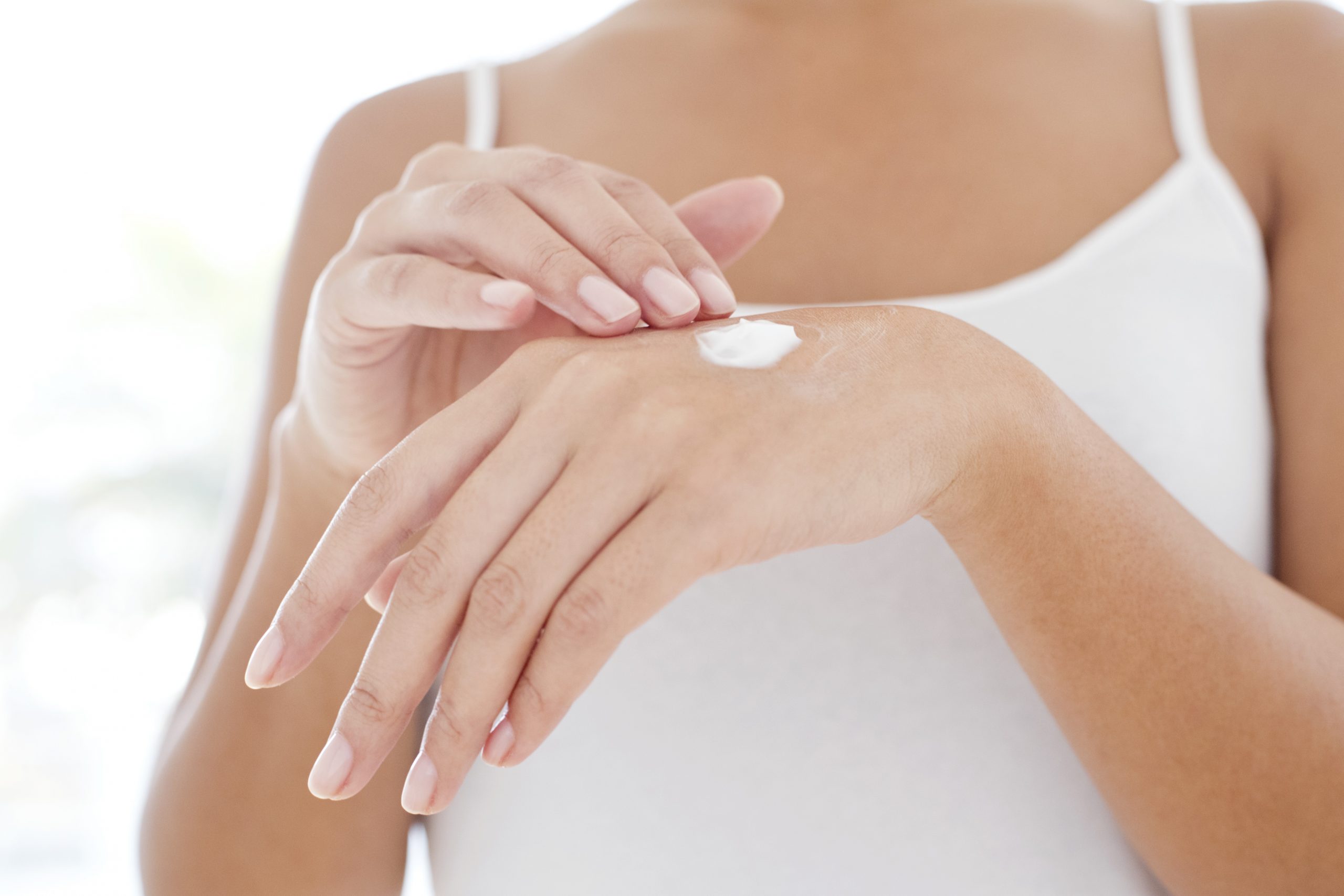7 tips to soothe dry hands and prevent cracking skin
By
Jess Beech
published
in News

Add us as a preferred source on Google
Get the GoodtoKnow Newsletter
Parenting advice, hot topics, best buys and family finance tips delivered straight to your inbox.
By submitting your information you agree to the Terms & Conditions and Privacy Policy and are aged 16 or over.
You are now subscribed
Your newsletter sign-up was successful
An account already exists for this email address, please log in.
Subscribe to our newsletter
Washing our hands is more important than ever to keep ourselves, and those around us healthy. But, intense washing and use of sanitiser can cause dryness and itching.
If these symptoms develop into cuts or cracking, they can unfortunately lead to other infections like dermatitis, so looking after your skin and using a good hand cream is essential. NHS doctor, DR Ejikeme has shared her top tips on how to sooth dry skin, while avoiding dryness.
Top tips for soothing dry hands
- 1. Choose washing over sanitiser where possible - Washing with soap and water for 20-30 seconds is better than hand sanitiser. Sanitiser is great on the go but there is no need to apply it after washing. Sanitiser has a high alcohol content so is very drying on the skin.
- 2. Don’t over-wash - Washing your hands after using the toilet and being in public spaces is important, yes - but there is no need to wash your hands every 10 minutes, which will dry the hands out. Do make sure to wash your hands before touching your face or caring for anyone else.
- 3. Water FIRST, then soap - Place water on your hands before adding soap to help reduce irritation.
- 4. Apply hand cream - After washing, apply hand cream to avoid the skin drying out and apply regularly throughout the day.
- 5. Treat very dry hands differently -If you find your hands are already itchy, dry or peeling, use a barrier cream such as lanolin or Vaseline and cover any areas of cracked skin.
- 6. Dry your hands properly - Charlotte Vøhtz, founder of Green People and an expert in organic beauty says, ‘Drying your hands thoroughly is as important as washing them regularly. Not only will excess soap cling to the skin, putting it at risk of irritation and dryness, but damp, wet hands will attract more germs than dry, clean ones.’
- 7. Wear gloves when cleaning -‘Detergents and washing-up liquids can contain harsh chemicals, artificial fragrances and SLS,’ explains Charlotte. These ingredients can aggravate already sensitised skin and are best avoided when you are suffering with dry skin or eczema on your hands. If you’re doing the cleaning or washing up, always pop on a pair of protective, waterproof gloves to protect your hands.’
- 8. Rehydrate hands overnight - ‘Very dry hands can benefit from an overnight hand mask. Apply a hand cream that’s rich in nourishing actives just before bed and, for extra intense hydration, wear cotton gloves whilst you sleep,’ advises Charlotte.
GoodtoKnow Newsletter
Parenting advice, hot topics, best buys and family finance tips delivered straight to your inbox.
Jess Beech is our Beauty Editor, working across Goodto.com, Woman & Home, Woman, Woman’s Own, Woman’s Weekly and Chat.
Joining just after she graduated from the University of East Anglia with a BA in English Literature back in 2013, Jess has been a part of the team for over 8 years. Over that time she’s tried her hand at most subjects – covering diet, health, cookery and even a stint on real life crime before settling on beauty and fashion a couple of years ago.
Her average day in the office is spent tracking down high-street copies for all your favourite celebrity looks or testing the latest beauty launches to see if they really do live up to the press release.
Although she writes across a wide range of topics, when it comes to beauty it’s always a new hair product that catches her eye first. Whether it’s a new frizz-fighting shampoo or a game-changing gadget, she’s first in line to try anything that might help tame her own unruly mane.
When Jess isn’t at work you’re likely to find her busily making plans for her next holiday, trying out yet more beauty products or (reluctantly) heading to the gym. Oh and she’s a sucker for reality TV too – just don’t call her when Love Island is on.